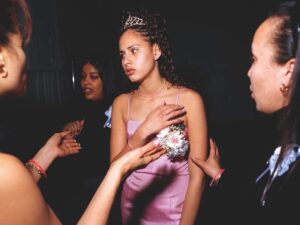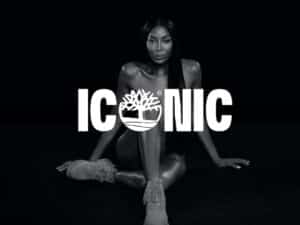In 1949 Judith Malina founded in New York the Living Theater, the first Off-Theater of the world
New York, the autumn of 1943: While American soldiers are fighting in the Pacific, 30,000 young women stirred the so-called Sinatra Riots to see Frank Sinatra at the Paramount Theater. Captain America cleaned up the bad guys, and cinemas screened patriotic war movies. An 18-year-old in a red coat, the daughter of a rabbi from Kiel, dreamed another dream. Lost, she loitered on September 14 to ‘Genius Incorporated’, a slightly shabby Times Square pub that served as a hangout for many out-of-work actors. One of them, William Marchant, called Gau-Gau was hungry, and observed Judith Malina’s chocolate cookies longingly. In a vending machine restaurant, she bought him a portion of spaghetti.In gratitude, Gau-Gau promised to introduce her to a genius, a brilliant poet: Julian Beck
Julian, a skinny 19-year-old, and Judith went to the movies and made fun of the patriotic movie ‘Beyond Suspiction’, starring Joan Crawford. They talked about Oscar Wilde, Cocteau, Gertrude Stein, TS Eliot. Judith dropped out of school and preferring to read Ezra Pound instead. Soon, she and Julian became a couple. Even though he was more likely to be gay. His father was a horse trader from Austria, who became rich in America selling motorcycle parts, and he sent his son Julian to a progressive psychologist that tried to heal him from his homosexuality: ‘Think more often about women,’ she advised him. Julian tried with Judith, but sexually-speaking it didn’t work out that well.
Julian and Judith stayed together until his death in 1985 of gastric cancer, and shared their lovers from time to time. Judith and Julian took LSD, listened to cool jazz, had two children, and founded the Off-Theater. That was in 1947. Inspired by Brecht, Piscator, Artaud’s Theater of Cruelty, psychoanalysis, esotericism, surrealism, and class struggle, half-naked actors rolled around in the Living Theater at night, shouting pacifist-anarchist-anti-capitalist slogans and urging the audience to start a revolution together. Perhaps the most famous play ‘Paradise Now’ (1968) goes like this: An actor turns to a spectator and says in a calm voice: “Without a passport, I can’t travel.”. The sentence is then repeated more and more urgently, finally shouted.Then there’s the second sentence: “I don’t know how to stop a war.” First calm, then shouted. Third sentence: “Without money you can’t live.” And so on.



